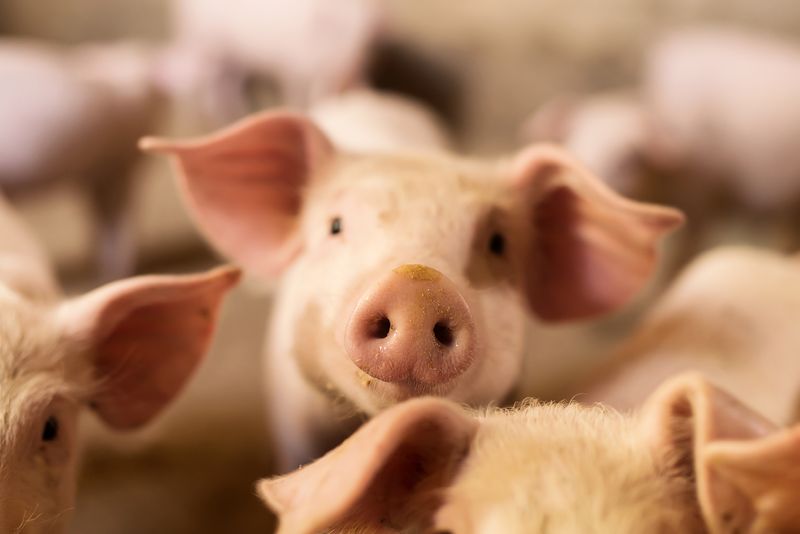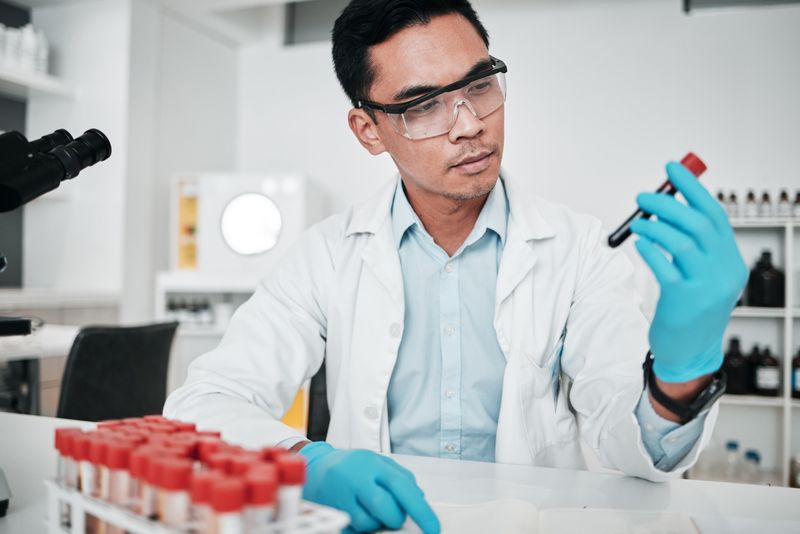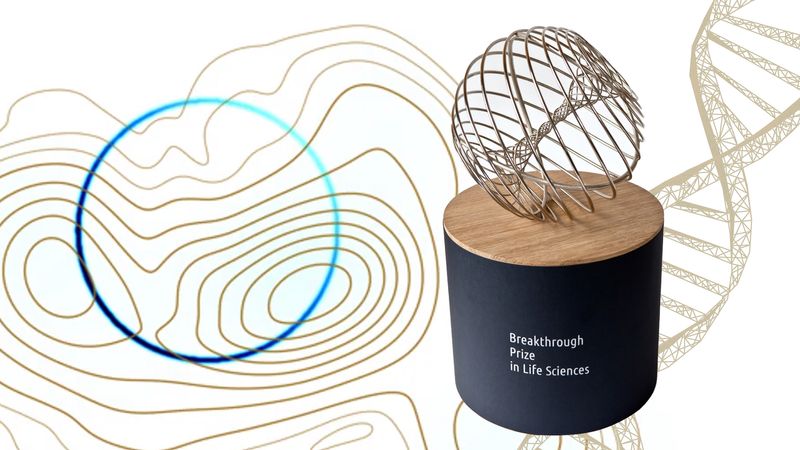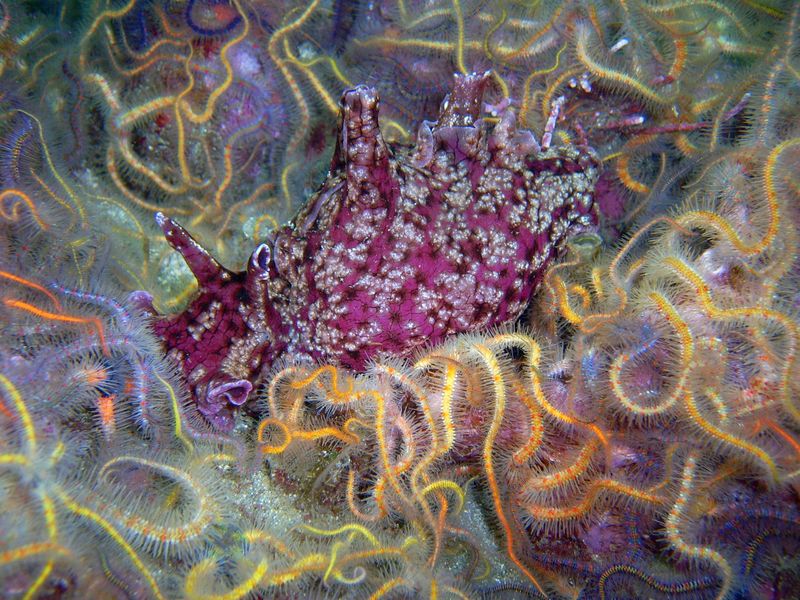In a world first, researchers have successfully grown humanized, early-stage kidneys in pig embryos, adding to the potential for using animals to grow human organs for transplantation.
Kidneys are the most commonly transplanted organs in humans, with more than 25,000 kidney transplants performed in the US in 2022, coming from both living and deceased donors. However, the waiting list for receiving a kidney can be notoriously long, with more than 90,000 people awaiting a donation in 2020 and nearly 5,000 dying each year before they receive one.
Scientists investigating alternatives to human-to-human donation have explored xenotransplantation, the transplant of animal organs into humans. Since the human immune system is primed to reject organs from another species, this has primarily involved genetically modified pig kidneys.
However, a new study sought to go a step beyond this by developing embryos with both human and pig cells, known as chimeras, in the hopes of producing humanized kidneys in a pig.
Such research has been attempted before, but unsuccessfully.
“Rat organs have been produced in mice, and mouse organs have been produced in rats, but previous attempts to grow human organs in pigs have not succeeded,” said senior author Liangxue Lai in a statement.
Previous attempts at producing chimeras struggled due to pig cells outcompeting human cells (what swines) and both species’ cells having different and specific physiological needs. To overcome this, the current study made several modifications.
Using CRISPR, the scientists genetically engineered the pig embryos to depend on human cells with genes for kidney development, which stopped the human cells from being outcompeted. They also used human stem cells that were designed to better integrate with the pig cells. Both of these changes made the human cells less likely to self-destruct.

The resulting chimeric embryos were cultured in nutrients optimized to suit the needs of both species and 1,820 of them were then transferred into surrogate sows. After either 25 or 28 days, gestation was terminated and the embryos were removed for analysis.
Of the five embryos successfully extracted, the researchers found that all had structurally normal kidneys for their stage of development, even including early cell structures that would go on to form the kidney-to-bladder connection. As for the ratio of pig to human, they found that 50 to 60 percent of the kidney cells were human.
It was also important for the team to determine if the human cells had moved beyond the kidneys and contributed to the development of other regions of the pig embryo, in particular, the brain – there would be serious ethical implications if so.
“We found that if you create a niche in the pig embryo, then the human cells naturally go into these spaces,” said author Zhen Dai. “We saw only very few human neural cells in the brain and spinal cord and no human cells in the genital ridge, indicating that the human pluripotent stem cells did not differentiate into germ cells.”
Whilst the results of the study bring fully functional, animal-grown human kidneys one step closer to reality, there’s still a long way to go before that reality can be achieved.
For example, human organs are composed of multiple different types of cells. The humanized kidneys in this study contained only one subset of human cells, which could provoke immune rejection if they were fully grown and transplanted.
“Because organs are not composed of just one cell lineage, in order to have an organ where everything comes from the human, we would probably need to engineer the pigs in a much more complex way and that also brings some additional challenges,” said senior author Miguel A. Esteban.
As for whether these challenges will be overcome and provide a solid solution to donor organ shortages, only time will tell.
The study is published in the journal Cell Stem Cell.




